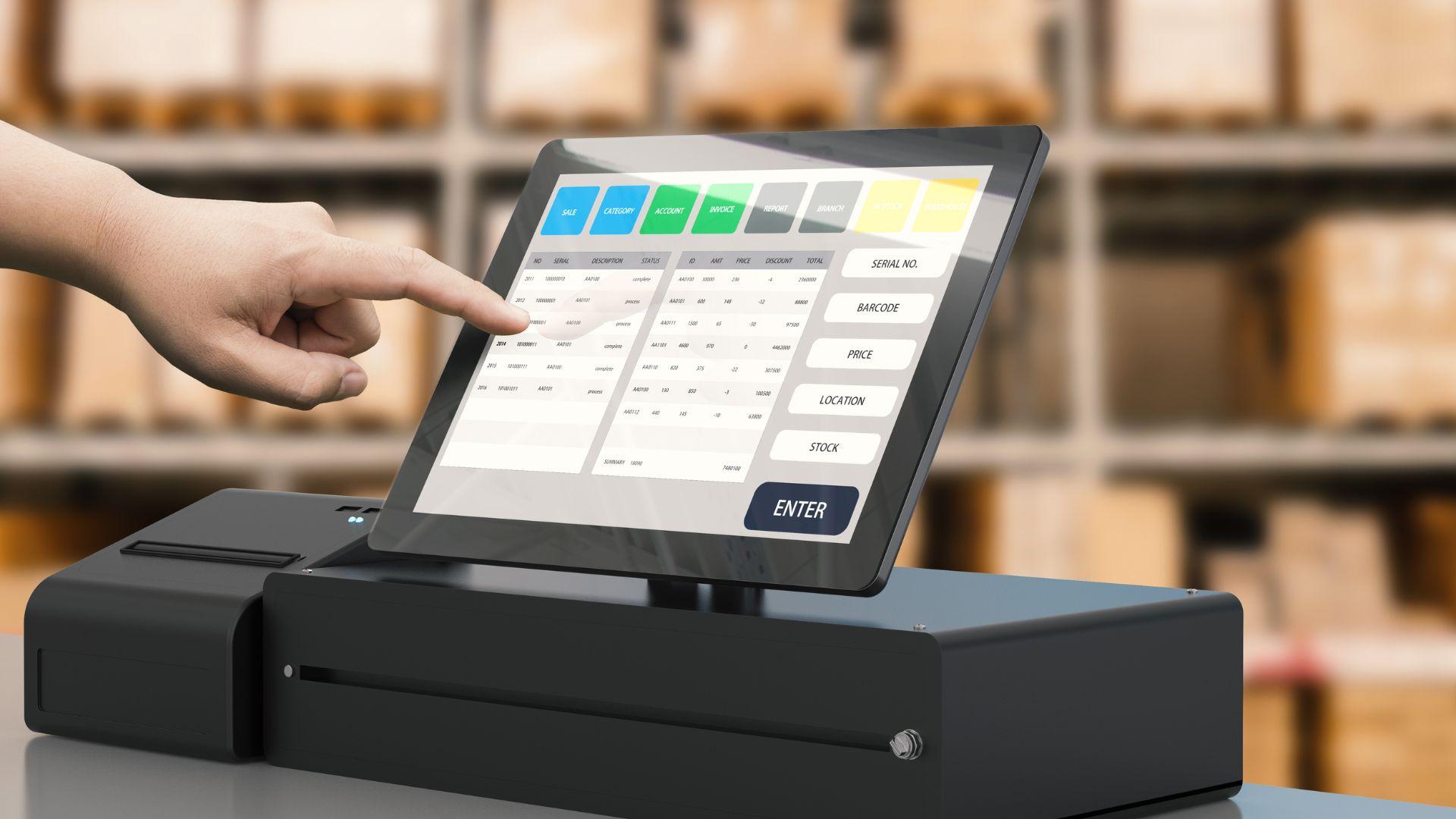The Future of E-Commerce
6 AI-Powered Innovations
Artificial Intelligence (AI) is rapidly transitioning from a buzzword into a potent tool that’s proving vital for businesses of all shapes and sizes. The e-commerce sector is among the industries significantly impacted by AI, with AI-driven tools offering an array of benefits. With the core being machine learning, this technology allows systems to enhance their performance automatically over time.
Companies are integrating these AI-empowered features into their e-commerce operations to stay at the competitive edge and fuel growth. AI offers data-driven insights that inform decisions about personalization of offerings, optimizing pricing strategies, enhancing customer experience, and much more.
Furthermore, AI helps automate routine tasks such as fraud detection and analysis of customer service interactions, which in turn free up resources for strategic initiatives. AI-powered chatbots and voicebots provide 24/7 customer service, contributing to improved overall customer service efficiency.
Here’s a deep dive into six critical areas where AI can be deployed in your e-commerce platform:
1. Revolutionizing Customer Service
One of the pivotal areas that AI is transforming is customer service. A study by Grand View Research anticipates the global chatbot market to reach a staggering $9.4 billion by 2024, growing at a CAGR of 24.3%. This figure underscores the vital role chatbots play in customer service and their potential for remarkable expansion in the years to come.
AI-powered chatbots and voicebots can deliver round-the-clock customer service. They are programmed to answer frequently asked questions, assist with orders, provide detailed information about products and services, support service requests and claims, accept damage reports, support the conclusion of a purchase-sale agreement, and even replace traditional IVRs by redirecting calls to the right person or providing instant answers.
They understand customer intent, remember the context of ongoing conversations, and dynamically answer a variety of customer queries. These bots can collect a plethora of necessary information to accept an order or request, guide customers through routine processes, and help them complete a case in mere minutes. Through their integration with external systems, they can forward certain calls to a hotline consultant or send collected information to the appropriate system. Implementing such solutions significantly boosts customer satisfaction and loyalty.
2. Elevating Personalized Product Recommendations
AI’s potential to enhance personalized product recommendations in e-commerce is noteworthy. Machine learning algorithms make it possible to personalize product recommendations based on a customer’s past purchases, browsing history, and other personalized data.
The implementation of an AI-driven personalized product recommendation system brings numerous benefits. It helps increase sales as customers are more likely to buy products tailored to their preferences. It also enhances customer engagement and loyalty, given that customers appreciate the personalized experience.
A study by Accenture reveals that e-commerce companies that employ AI-powered personalized product recommendations can witness an average increase in sales of 30%. Similarly, a study by Forrester Research found that personalization could lead to up to a 15% increase in sales.
3. Streamlining Inventory Management
AI can bring efficiency to e-commerce inventory management by employing machine learning algorithms that optimize inventory levels. These algorithms analyze data such as sales history, customer demand, and supplier lead times to determine the optimal inventory levels for each product. This data-driven approach reduces the risk of both understocking and overstocking.
According to a study by Accenture, AI-powered inventory management can help retailers trim down their inventory costs by 10-15%. A study by IDC also predicts that by 2023, a whopping 80% of companies will be using AI to support their inventory management process.
4. Enhancing Fraud Detection
AI also has a crucial role in bolstering e-commerce fraud detection. Machine learning algorithms can analyze a wide array of customer data to detect patterns of fraudulent behavior. By analyzing customer demographics, purchase history, and shipping information, AI can identify potential fraud and protect your business from substantial financial losses. Additionally, AI can help improve customer satisfaction and loyalty as customers feel safer and more protected with their transactions.
According to a study by Juniper Research, the cost of e-commerce fraud is expected to soar to $71 billion in 2023. However, a study by Accenture reveals that AI-powered fraud detection can reduce the number of false positives by up to 30%, thus significantly improving the efficiency of the process.
5. Pioneering Price Optimization
AI algorithms can analyze a vast array of market data in real-time to optimize prices. By using AI, e-commerce companies can scrutinize customer behavior, market trends, and competitor pricing to determine the optimal price for their products. Such price optimization can result in increased profitability, improved customer satisfaction, and a competitive advantage in the market.
To enhance the price optimization process, natural language processing (NLP) can analyze customer reviews and social media posts to provide insights into customer preferences and expectations. This valuable information can inform pricing decisions and strategies, contributing to increased sales and profits.
6. Driving Marketing Automation
AI is a powerful tool that e-commerce companies can leverage to optimize their marketing strategies. By analyzing vast amounts of customer data, AI can provide insights into customer behavior, preferences, and buying patterns. This information can then be used to create highly targeted and personalized marketing campaigns that resonate with customers.
AI can also be used to automate repetitive and time-consuming tasks, such as email marketing and social media posting. This automation allows companies to focus on strategic initiatives and improve their marketing ROI.
Moreover, AI can analyze the performance of marketing campaigns and provide insights into what is working and what isn’t. These insights can be used to optimize future campaigns and improve overall marketing effectiveness.
Conclusion
AI has paved the way for transformative innovations in the e-commerce industry. By harnessing the vast potential of AI, businesses can gain a competitive edge, drive growth, and elevate the customer experience to new heights. As AI continues to evolve, it is set to redefine the e-commerce landscape, providing companies with unparalleled opportunities for success.





